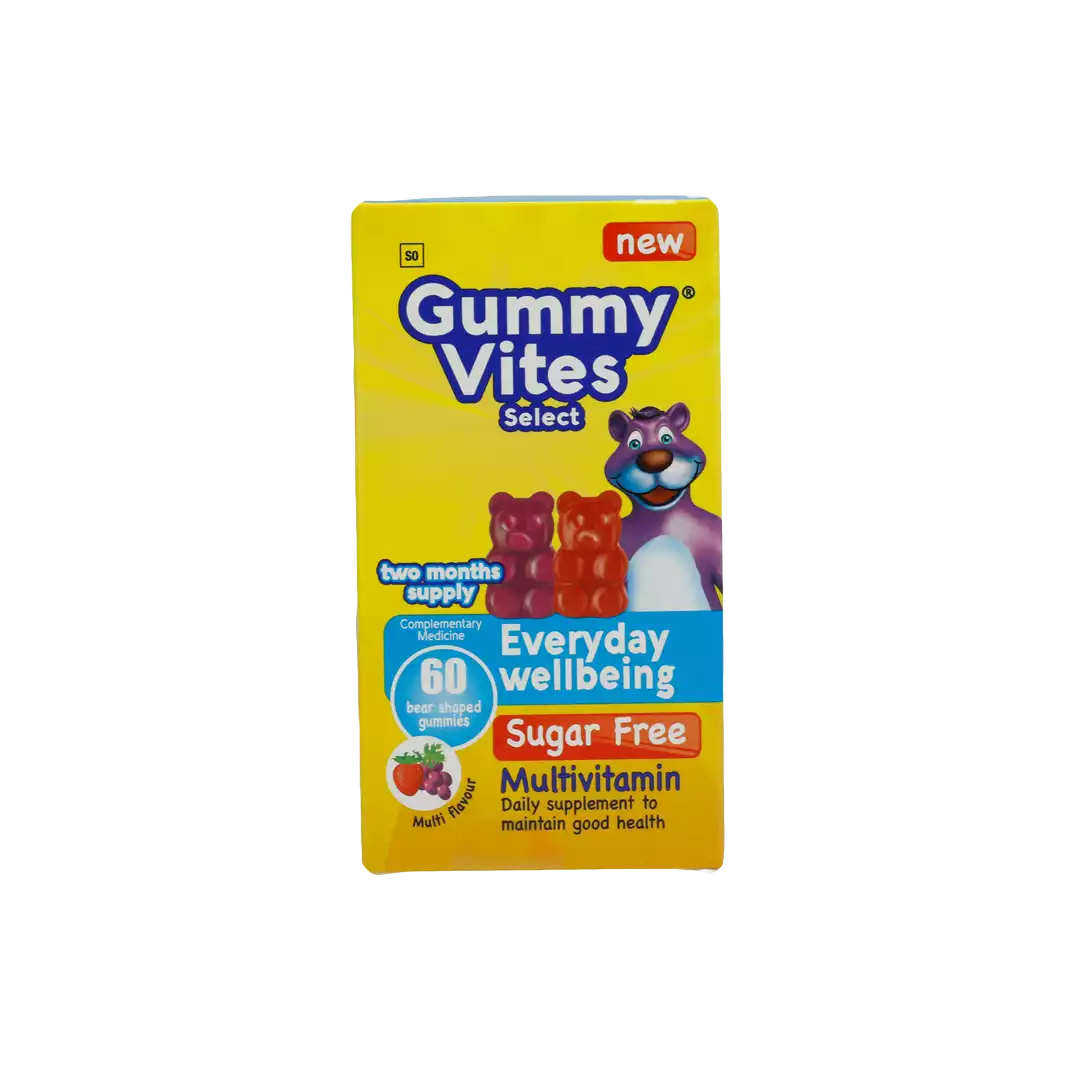6 Ways to Help Build Up Your Child’s Immune System
While there’s no single supplement you can give (or magic wand you can wave) to ward off every contagious illness your child encounters, there’s a lot you can do to fortify their immune system and limit the number of sick visits they need.
So, how can you help your child build a strong, supported immune system that can fight off infections faster and more effectively?
Our Gummy Vites Collection

Here are 6 essentialimmunity-building tips.
1. L-Theanine
A wholesome, balanced diet is one of the main building blocks of good health. To help your child eat well through every stage of growth and development, fill a significant portion of their daily plate with an array of colorful fruits and vegetables, many of which are excellent sources of immune-boosting antioxidants and phytonutrients.
Then, fill the rest of their daily plate with whole grains, lean proteins, healthy fats, and low-fat milk and milk products. While eating for optimal immunity also means limiting processed foods and added sugars, the occasional treat isn’t harmful
2. Make sure they get enough sleep
Getting enough restorative sleep is vital at any age, but it’s especially important for growing kids. When it comes to immune system function, not getting enough quality sleep can have a pronounced negative impact by reducing natural killer cells, or the immune system cells that attack invading microbes.
The amount of sleep your child needs depends on their age (from an average of 12-16 hours a day for infants to 8-10 hours for adolescents) and their disposition. (Some kids just need more sleep than others.) Encourage healthy sleep habits by maintaining a regular schedule and shutting down screens at least 2 hours before bedtime.
3. Keep your child physically active
From building strength and managing body weight to boosting energy and preventing chronic illness, physical activity has numerous well-known health benefits for people of all ages.
In addition to giving your child a fitter, healthier body that’s more prepared to handle an illness, daily exercise helps regulate their production of stress hormones like cortisol. (Too much can suppress immune system function.) It also boosts their circulatory system, making it easier for immune cells and other infection-fighting molecules to travel throughout their body.
4. Practice infection prevention
Infection prevention strategies won’t technically build up your child’s immunity, but they can potentially reduce the amount of stress your child’s immune system experiences — especially during germy cold and flu season when many kids encounter illness-causing microbes on an almost daily basis.
To help your child limit the spread of germs, encourage the same hand hygiene precautions you’ve practiced with them since they first learned how to wash their hands: Have them wash up when they arrive home from school or the park, after they use the bathroom, and after they blow their nose.
5. Keep up with routine vaccinations
Immunizations provide protection against all sorts of vaccine-preventable illnesses. Routine childhood vaccines like the MMR (measles, mumps, rubella) series and the DTaP (diphtheria, tetanus, pertussis) series, as well as seasonal vaccinations like the flu shot, help your child’s immune system develop tools to effectively fight off an infection from that specific contagion.
Check with our team to make sure your child is up to date on their immunizations. Remember, the annual flu shot is recommended for everyone 6 months of age or older, apart from those who are allergic to the vaccine ingredients.
6. Help them manage stress and anxiety
Even before the pandemic, children and adolescents were feeling stressed and anxious; these days, heightened levels of stress and anxiety are reaching epidemic proportions among our youth. Ongoing stress is unhealthy: It can elevate stress hormones, trigger inflammation, and suppress immune response across the board (to both vaccination and infection).
To reduce stress and bolster immunity, give your child plenty of downtime to play, engage in activities they like, and get together with people who make them happy. Spend time together as a family each day, and provide space for your child to talk about their worries and stresses.





